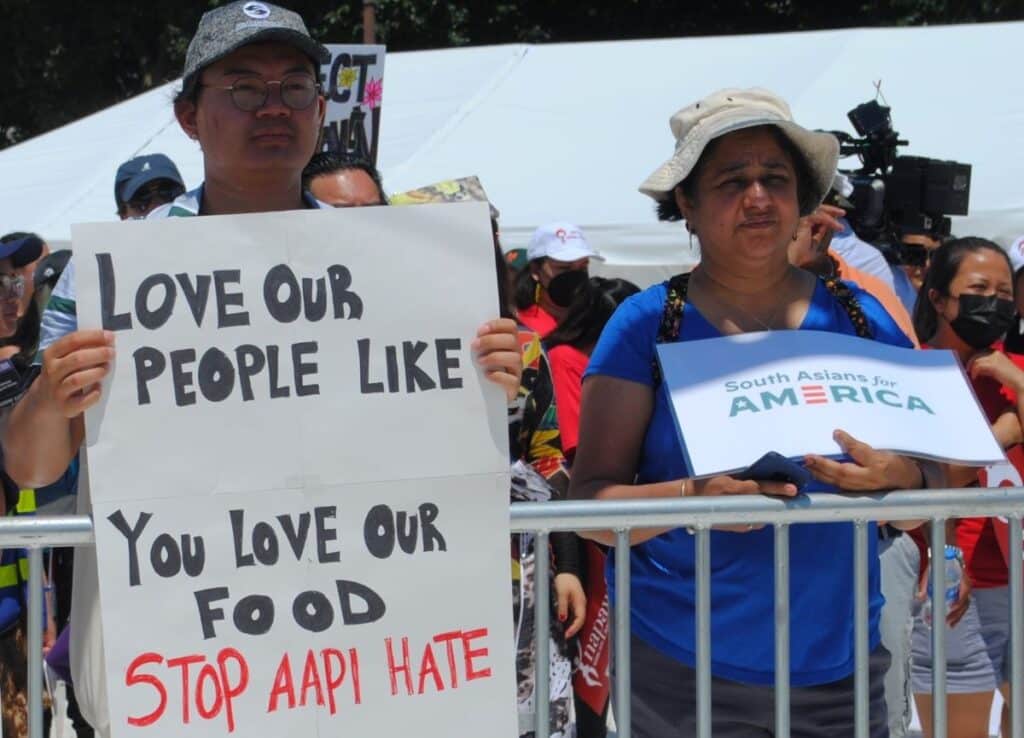Four in five Asian Americans feel they do not belong in the U.S., and more than half say they feel unsafe on the streets.

By Sunita Sohrabji. Ethnic Media Services.
STANFORD, Calif. – The Asian-American community is one of the oldest in the U.S., but many Americans still consider it
